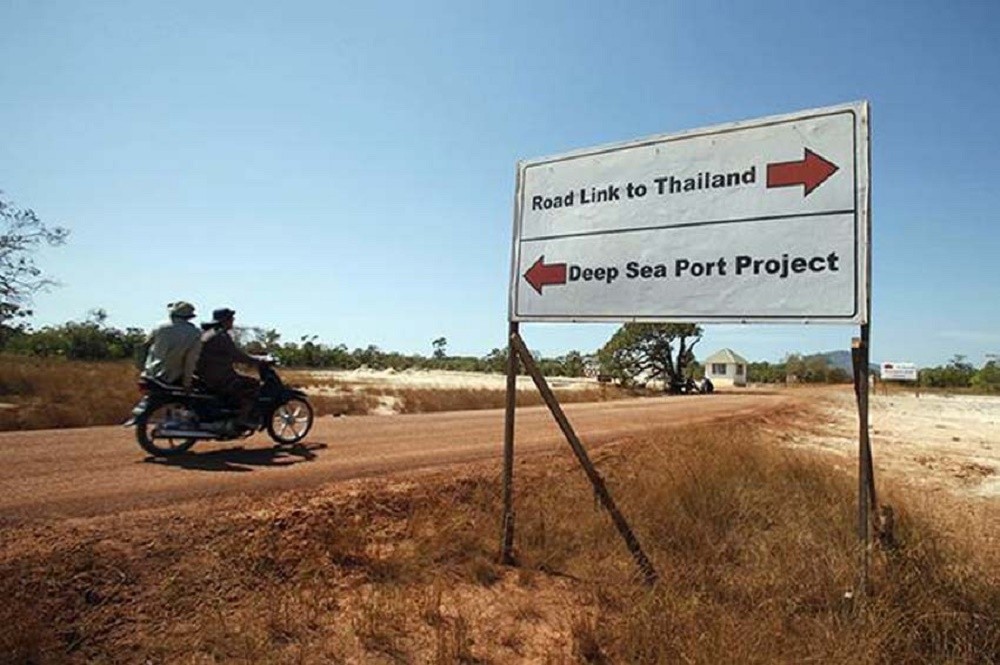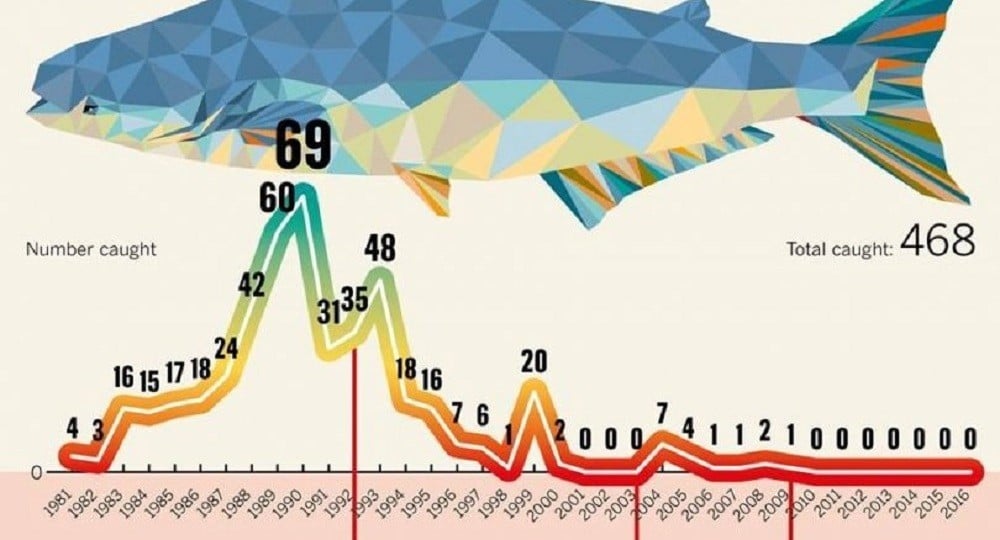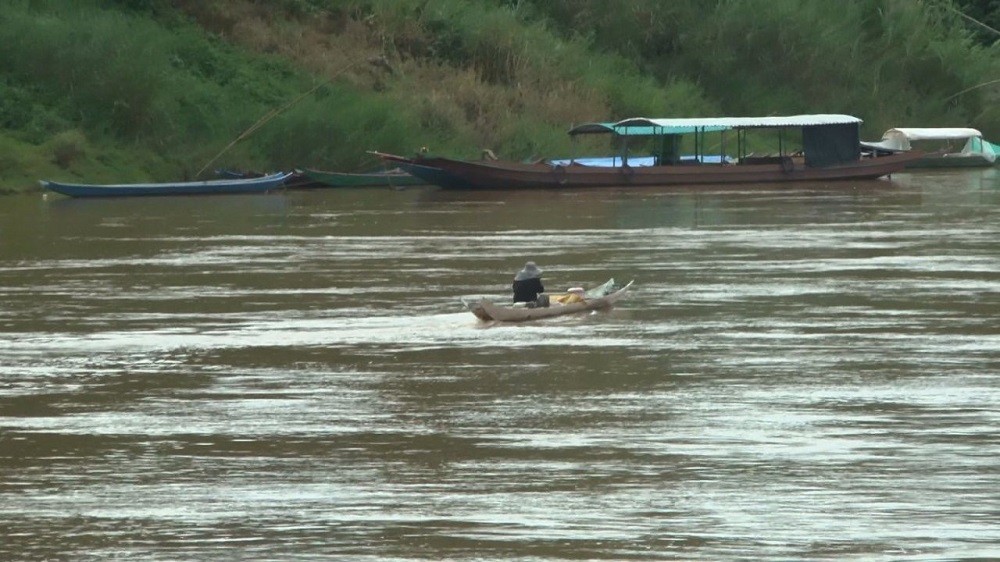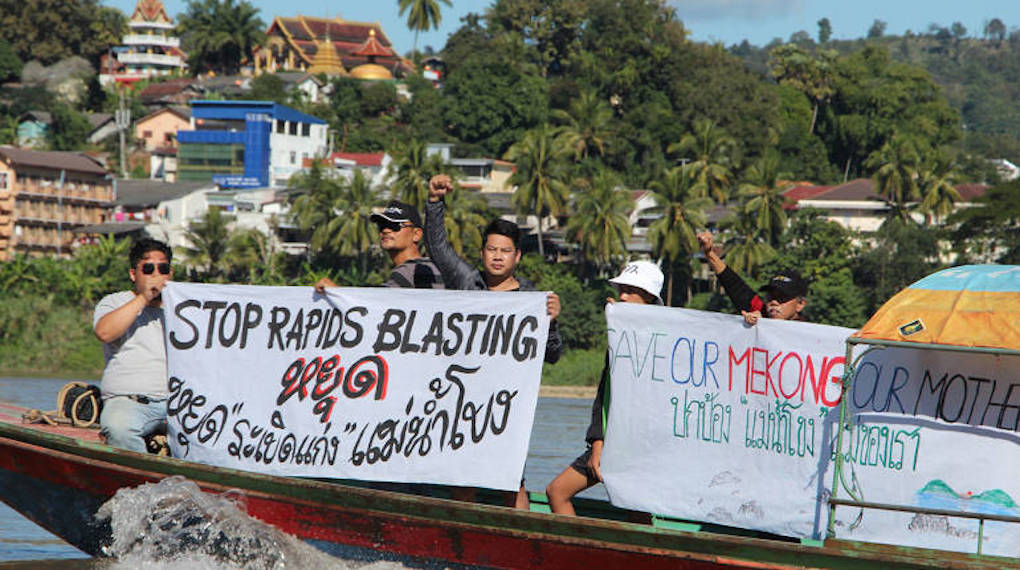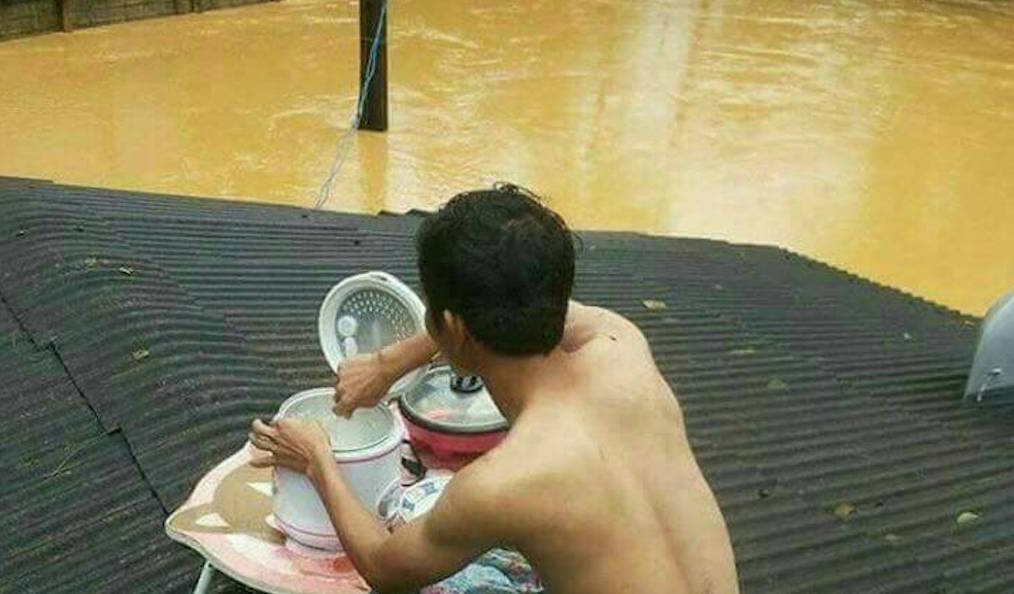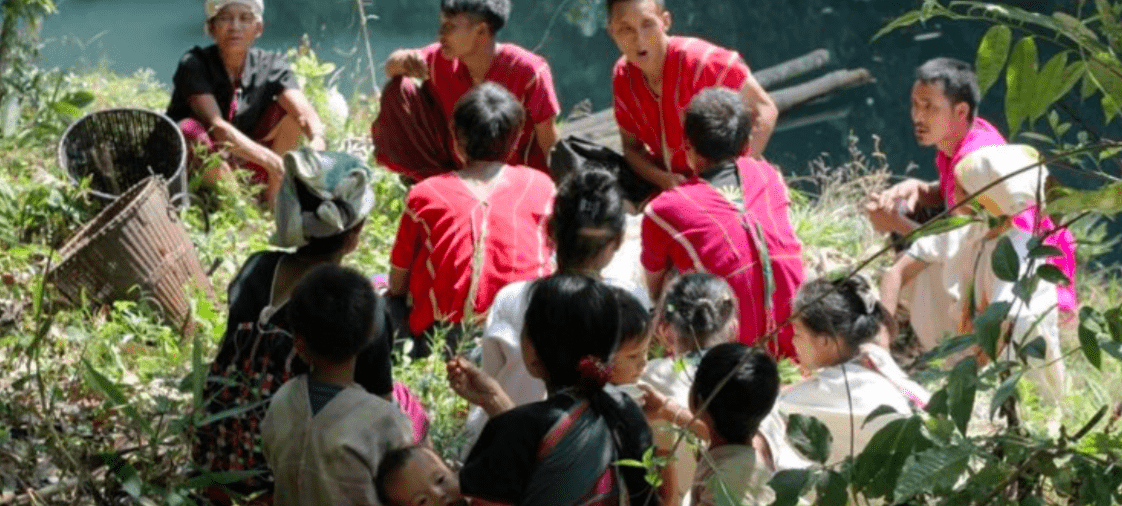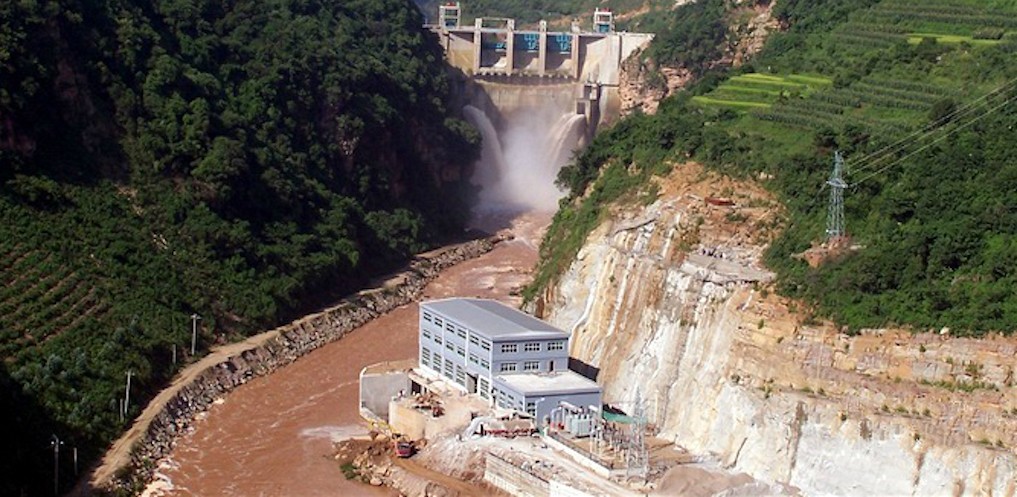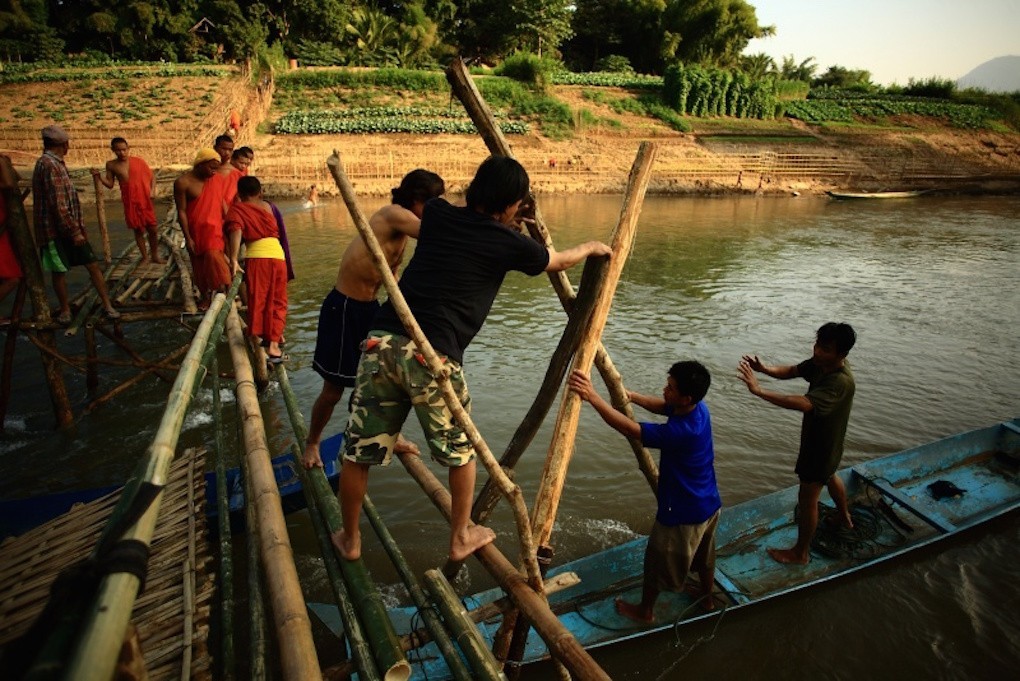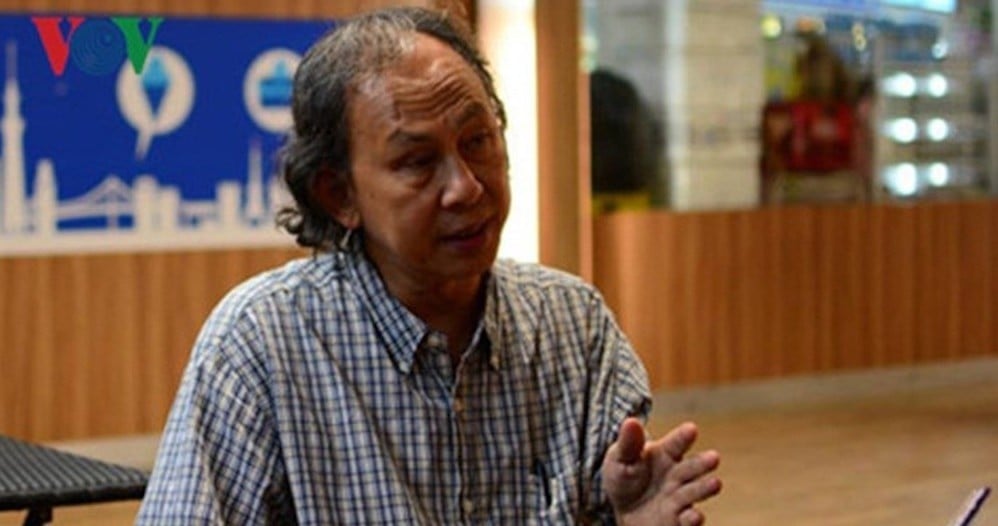Regional government officials visited Japan last month to discuss that country’s potential participation in the SEZ and reported strong interest.
Category: Thailand
Mekong giant catfish being driven to extinction in natural habitat
The Mekong giant catfish (Pangasianodon gigas) is ranked as critically endangered on the Red List of the International Union for Conservation of Nature (IUCN). The largest freshwater fish in the world, its natural habitat is the Mekong River from China to Cambodia and Tonle Sap Lake in Cambodia.
Mekong diplomacy: a bridge that has failed
The Mekong River Commission (MRC) bears an enormous weight on its shoulders, overseeing both the development and the protection of a channel on whom millions of people depend. But the commission has proved powerless in the latter mission, failing to protect or involve communities in hydropower projects that threaten their livelihoods.
Thailand Backing Controversial Survey to Clear Mekong Islets
The Thai government is backing a plan by China to demolish islets and rocky outcrops on the Mekong River as part of a decade long project to boost shipping navigation from China’s Yunnan province to Luang Prabang in Laos.
The project, known as the Development Plan for International Navigation on the Lancang-Mekong River (2015-2025) is set in three phases, with an initial survey, design, and environmental and social assessments.
Unchecked Development, Poor Planning Set Stage for Flood Crisis
More than blaming the flooding which has devastated the south just on record rainfall, those familiar with the issue say mismanaged water resources and unplanned development are to blame.
Troubled Wings: 7 Birds We May Lose From The Mekong
Much attention has been given to damages that are being inflicted on Mekong fish by massive infrastructure development. But little has been said about another of the region’s most valuable ecological assets: the spectacular birds of the Mekong.
The Salween Peace Park: A Radical, Grassroots Alternative to Development in Karen State
A path has opened for environmental conservationists and rights advocates to strengthen their fight against gold mining and other socially and environmentally destructive projects in the rich forests of Karen State in eastern Burma: the Salween Peace Park.
Hydro expansion will fail without energy market reform
Energy demand in China is slowing. This is causing a major headache for the hydropower sector, which has invested heavily in new projects in recent years. The continued construction of hydropower, as with coal, has led to surplus capacity, tumbling profits and an unbalanced national energy system.
Beyond Sustainable Development for ASEAN
In view of various climate change phenomena, how can economies develop sustainably? Specifically, can economies grow while giving equal consideration to the tri-nexus of economy, environment and society? It is a question confronting policymakers in Southeast Asia on a recurring basis.
Asean at 50, and Beyond
Asean is 50 years old this year. It is a true milestone for a loosely constructed regional organization created by five countries at the height of the Cold War to have come this far. Since its conception, its member countries have transformed Asean into a rules-based entity encompassing all the countries in Southeast Asia.


